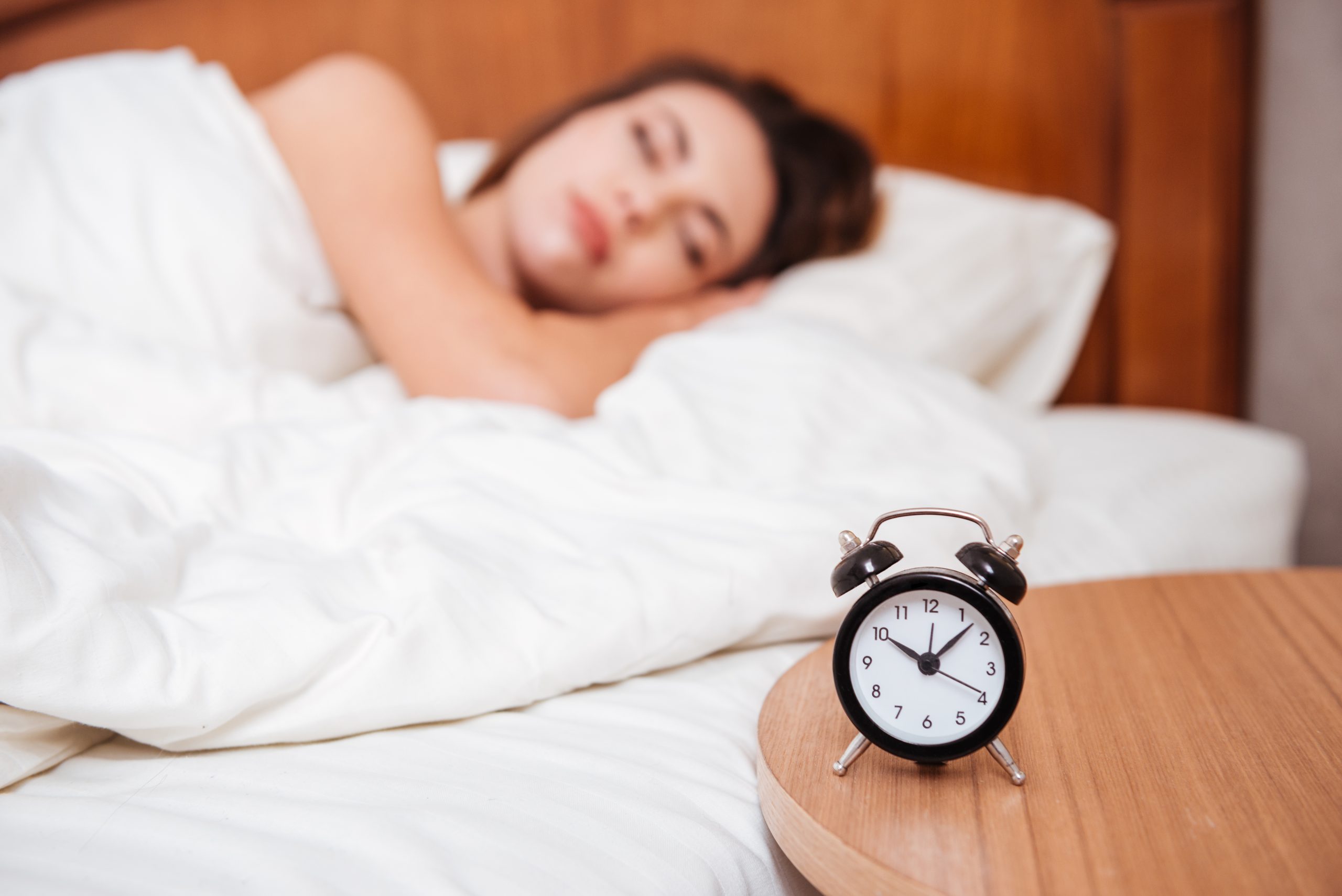
Marijuana and its availability have increased significantly in recent years. Canada, for instance, now boasts more marijuana shops than all the major fast-food chains combined. Amidst this accessibility, questions about its effects on sleep have become more prominent. Many individuals turn to marijuana as a sleep aid, with nearly half of users citing it as a tool to help them sleep. However, conflicting reports exist regarding its efficacy and impact on sleep quality.
One of the primary benefits of THC, the psychoactive compound in marijuana, is its ability to reduce sleep onset latency. This means that individuals may fall asleep faster when THC is present in their system, making it beneficial for those struggling with insomnia or racing thoughts before bedtime. Studies have shown that marijuana can not only help users fall asleep faster but also improve the overall duration and quality of sleep. This has been particularly beneficial for individuals dealing with conditions like depression and PTSD, which often co-occur with sleep disturbances.
Research also indicates promising effects of CBD, a non-psychoactive component of cannabis, on sleep. CBD may interact with the body’s thermal regulation, helping to lower body temperature and initiate sleep. It may also modulate sensitivity to adenosine, a compound that promotes sleepiness, potentially aiding in relaxation and sleep induction. Furthermore, CBD’s anxiolytic properties could reduce anxiety levels, leading to more restful sleep.
Despite these benefits, long-term marijuana use, especially THC, can have detrimental effects on sleep quality. THC has been found to disrupt the normal sleep cycle, particularly REM (rapid eye movement) sleep. REM sleep is crucial for various cognitive functions and overall brain health. Chronic use of marijuana can lead to a decrease in REM sleep, which is associated with impaired memory, grogginess, and lethargy. Moreover, withdrawal from marijuana can result in rebound insomnia, making it challenging for individuals to quit or reduce their consumption.
While CBD appears to offer more promising effects on sleep without the negative impacts on REM sleep, research is still in its early stages. It’s important to note that individual responses to marijuana can vary, and what works for one person may not work for another. As such, it’s advisable to approach marijuana use for sleep cautiously and be aware of the potential risks and benefits.
For those considering using marijuana for sleep, it may be wise to consult with a healthcare professional, especially if using it in combination with other medications. An Eldon dispensary, like many others, may offer a range of products that cater to different needs and preferences. Ultimately, making informed decisions about marijuana use for sleep involves understanding its effects, dosages, and potential long-term implications on sleep quality and overall health.

